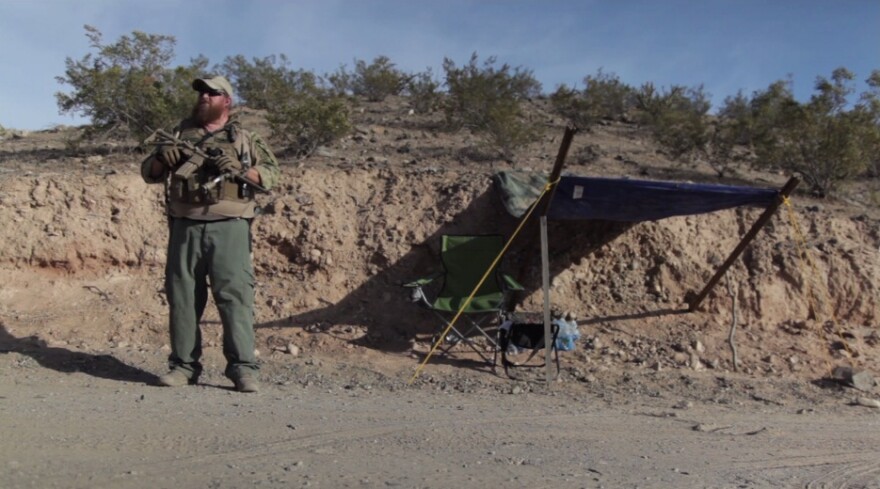There’s been debate all over the West for years about who’s best to police federal lands. On Wednesday, leaders from local, state and federal government agreed the best way to resolve the disputes is to keep talking.
The latest showdown between Utah leaders and federal land agencies took place in a State Capitol hearing room. And Lt. Gov. Spencer Cox made it clear that the issues are much bigger than bureaucracy. He defended the outrage many Westerners felt last April during the armed standoff in Nevada between rancher Cliven Bundy and law enforcement agents for the U.S. Bureau of Land Management in Nevada.
“I must state that I was taken aback at what I saw,” he said. “Over 200 federal agents, the compound that had been set up.”
Cox said he wouldn’t defend the rancher and his supporters. But he was quick to add that those concerns were dwarfed by the fed’s show of force. And their efforts to talk it out faltered.
“Every time we have a conversation with the special agent in charge,” Cox began, “um, I, I’m going to get fired, but I feel like it’s who can pee the farthest. That’s probably the best way I can say it.”
Cox said an open, adult dialog is the answer.
And Utah BLM Director Juan Palma agreed. Palma it was administrators at BLM’s headquarters in Washington who had authority over the Bundy situation. But he said Utah BLM staffers generally maintain a cooperative relationship with local police, sheriff’s deputies and state troopers. Palma focused how to resolve problems in Utah.
“My response to that question is that we can sit down together, and I believe that our employees from the BLM are more than willing to sit down and talk about some of these problems and what may be some of the solutions to these problems beyond the legal process.”
Local law enforcement agencies and BLM rangers help each other out all the time. But it’s a gray area. They’ve been trying for a year to clarify questions like which agency should be responsible for a drunk who drive outs of a BLM campground and onto a state highway.






